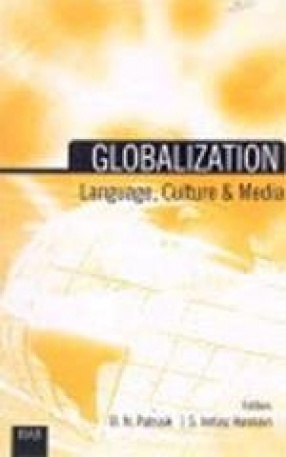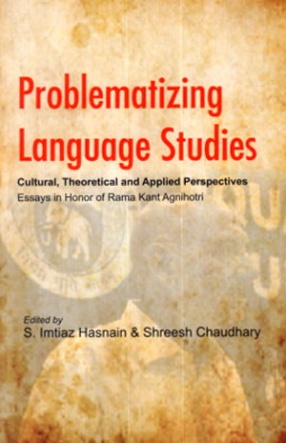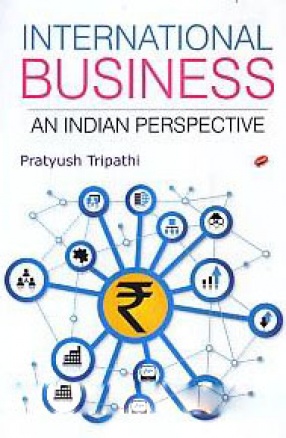The fate of languages throughout human history has been predicated upon political power relationships. Globalization is not just an economic phenomenon. It changes power relationships and brings about political and cultural shifts at the global and domestic level, and thus has a bearing on linguistic patterns and language hierarchy. As a result of globalization, a new ordering is a foot, new power alignments are taking place, socio-cultural reorientations are in evidence, and new hegemonies are being created. Globalization has also led to the emergence of new media imperialism and the creation of new world order, which is a euphemism for linguistic hegemony and regimentation. One manifestation of the hegemony could be seen in the extensive use of, and consequent dominance of English worldwide. In this scenario, issues relating to the situation of Indian languages would need to be clarified.
Problematizing Language Studies: Cultural, Theoretical and Applied Perspectives: Essays in Honour of Rama Kant Agnihotri
As a mark of esteem and ...
$75.60
$84.00







There are no reviews yet.